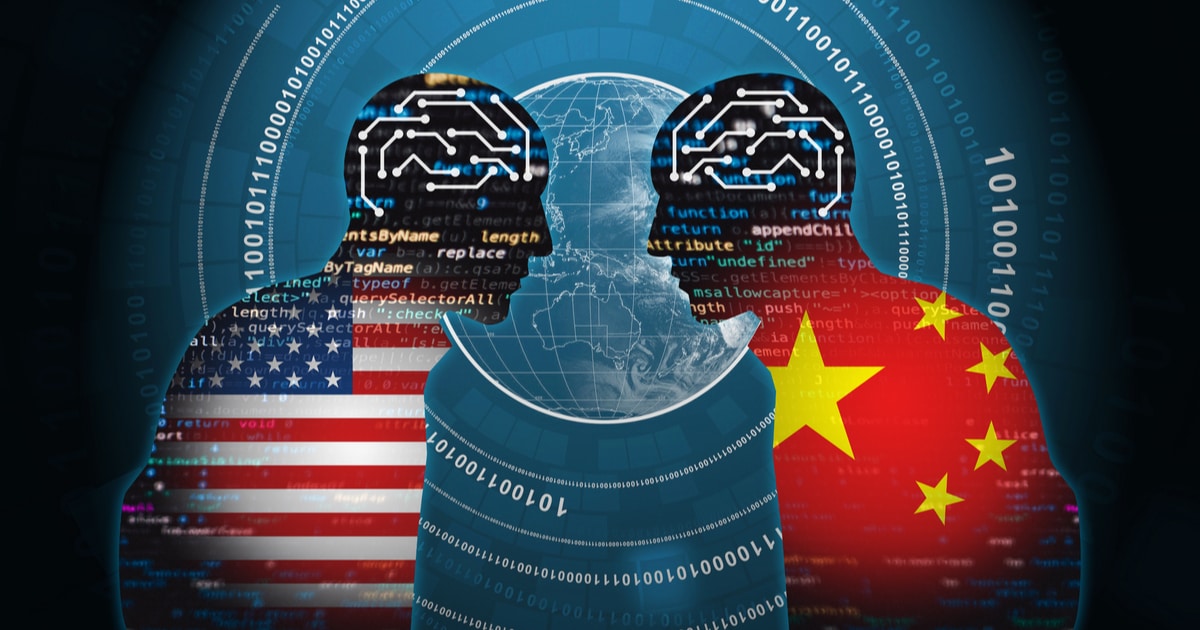
Cheng Li, Director, John L. Thornton China Center, The Brookings Institution
Aug 26, 2022
Recent events in the Taiwan Strait have led to an outpouring of international concern regarding potential war between the United States and China. AI technology advancements, which these two superpowers are leaders in research, resources, and patents, would mean that the world has yet to see the most AI-driven conflict in history.
Brian Wong, Assistant Professor in Philosophy and Fellow at Centre on Contemporary China and the World, HKU and Rhodes Scholar
Aug 18, 2022
A China-U.S. military altercation and violence over Taiwan ought to be avoided. Several steps must be taken by both sides to ensure global stability, such as maintaining core values like patience, pragmatism, and some degree of empathy for different parties’ perspectives.
Richard Weitz, Senior Fellow, Hudson Institute
Aug 18, 2022
China-U.S. relations have worsened since Nancy Pelosi touched down in Taiwan. While Washington still largely believes that the PLA would not attempt an invasion for at least a few more years due to uncertainties and risks, the crisis is further pushing the two nations away from any type of compartmentalized collaboration or transparent communication.

Li Yan, Director of President's Office, China Institutes of Contemporary International Relations
Aug 18, 2022
The U.S. House speaker made a bad situation worse, and China-U.S. relations are headed to a new low. Changes can be seen on multiple fronts, but perhaps most clearly in the military dynamics between the two countries and in the chip-making regime, which has become an important chess piece in the geopolitical game.
Philip Cunningham, Independent Scholar
Aug 10, 2022
It’s imperative that the new “low” in U.S.-China relations doesn’t become the new normal. And understanding the historical connotations of the relationship, particularly regarding Taiwan, is imperative for paving the way for a better, more diplomatic future.
Zhong Houtao, Associate Professor, School of National Security, University of International Relations
Aug 09, 2022
Speaker of the U.S. House of Representatives Nancy Pelosi defied China’s strong opposition and voices of caution in the United States when she visited Taiwan in late July. She raised great concern in China and elsewhere and cast a dark shadow over the peace and stability of the region and China-U.S. relations. In the future, China and the United States must prevent the Taiwan question from triggering a downward spiral.
Tao Wenzhao, Honorary Member of the Chinese Academy of Social Sciences; Fellow, CASS Institute of American Studies
Aug 09, 2022
Pushing shamelessness and political amnesia to new heights, U.S. House Speaker Nancy Pelosi sneaked into Taiwan in early August for a visit that was a needless affront. Needlessly inflaming tensions, the trip was wrong at three levels: China’s sovereignty and territorial integrity, relations with the United States and principles of international order anchored by the 1943 Cairo Declaration and the 1945 Potsdam Proclamation.
Minxin Pei, Tom and Margot Pritzker ’72 Professor of Government , Claremont McKenna College
Aug 08, 2022
US Speaker of the House Nancy Pelosi’s arrival in Taiwan has incited a predictably strong response from China. Chinese warplanes have brushed up against the median line dividing the Taiwan Strait. The Chinese foreign ministry has warned of “serious consequences” as a result of Pelosi’s visit to the island. Chinese President Xi Jinping has told US President Joe Biden that “those who play with fire will perish by it.” And now, China has just announced a major military exercise with live-fire drills starting August 4 (just after Pelosi leaves Taiwan). The specter of military confrontation looms large.
Joseph S. Nye, Professor, Harvard University
Aug 08, 2022
At this year’s Aspen Security Forum (which I co-chair) in July, China’s ambassador to the United States, Qin Gang, appealed for better understanding of his country. But there was considerable debate among the assembled experts about China’s objectives. President Xi Jinping has announced China’s intention to outpace America in critical technologies such as artificial intelligence and synthetic biology by 2030, and many analysts predict that China’s GDP (measured at market exchange rates) will surpass that of the US early in the next decade. Is China seeking to displace the US as the world’s leading power by the centenary of communist rule in 2049?
Li Yan, Director of President's Office, China Institutes of Contemporary International Relations
Aug 03, 2022
If China and the United States could identify specific collaborative projects, break the bottlenecks of international supply chains and provide assistance to countries suffering from shortages from food to energy, normal relations could be restored.
Back to Top

- China-US Focus builds trust and understanding between the U.S. and China through open dialogue among thought leaders.
- Our Offerings
- Topics
- Videos
- Podcasts
- Columnists
- Research Reports
- Focus Digest
- Stay Connected
-
Thanks for signing up!
- Get the latest stories from China-US Focus weekly.